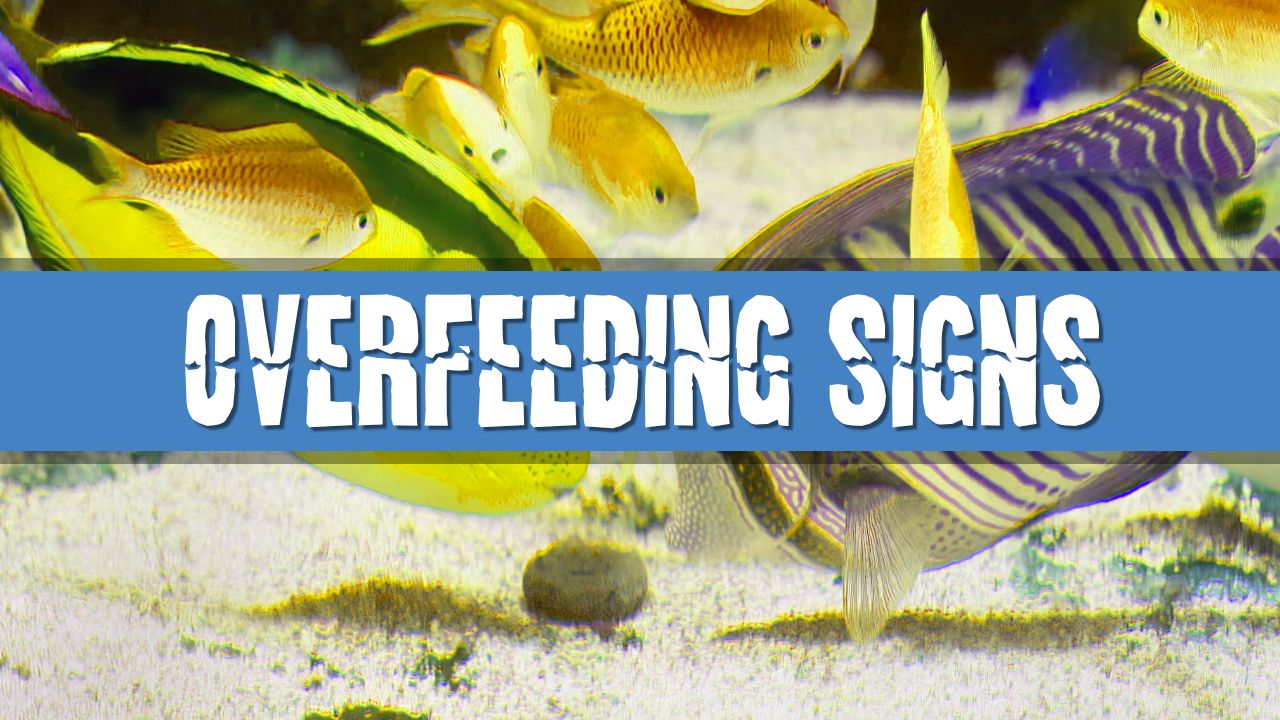Signs of Overfeeding Your Aquarium Fish: How to Recognize and Prevent It
Signs of overfeeding aquarium fish include changes in behavior, foul tank smell, cloudy water, and disease symptoms like damaged fins or white spots. Prevent overfeeding by only providing as much food as fish can consume in 2-3 minutes.

Overfeeding your fish is a common pitfall that many aquarium owners, both seasoned and newbies, often find themselves falling into. It's understandable - we often associate feeding with care and attention. However, in the aquatic world, less is indeed more. Recognizing the signs of overfeeding is crucial to ensure a healthy environment for your finned friends. Here's a deep dive into these indicators.
Signs of Overfeeding
One of the most noticeable signs of overfeeding is a sudden change in your fish's behavior. If they start chasing each other or appear at the top of the tank, it might indicate that they are uncomfortable with their environment.
Just as human food can spoil, excess fish food can rot in the tank, causing a foul smell or cloudy water. Excessive food debris can also accumulate at the bottom of the tank, requiring more frequent gravel cleaning.
Overfeeding can also lead to water imbalance and the growth of harmful bacteria, which can, in turn, cause diseases among your fish. Look out for fish with damaged fins or white spots, which may be symptoms of bacterial or parasitic infections.
The Dangers of Overfeeding
Overfeeding can pose several risks not only to your fish but also to the overall health of your aquarium. One of the main concerns is the alteration of water chemistry. Excess food can break down into ammonia and other harmful substances, which can disrupt the balance of your aquarium and can be lethal to your aquatic pets. Regular water changes and testing water quality using an aquarium tank water volume calculator can help mitigate these risks.
Overfeeding can also lead to obesity in fish, which can cause liver problems and decrease their lifespan. Similarly, some species of fish like Platies may eat their own offspring if overfed.
How to Avoid Overfeeding
To prevent overfeeding, it's essential to understand the dietary needs of your specific fish. Each species has different feeding habits and dietary requirements. A good rule of thumb is to only feed them as much as they can consume within 2 to 3 minutes.
Also, consider the type and size of your fish tank. Remember, the size of your fish tank and its shape can affect the behavior and health of your fish.
Finally, invest in good quality aquarium equipment like filters and heaters, and maintain them regularly. This will ensure optimal conditions for your fish and help prevent problems related to overfeeding.
Conclusion
Overfeeding your aquarium fish is a common mistake that can lead to numerous issues, including changes in water chemistry, diseases, and even premature death. Regularly observing your fish, understanding their dietary needs, and maintaining optimal tank conditions can help prevent overfeeding. Remember, when it comes to feeding your aquarium fish, less is indeed more!

